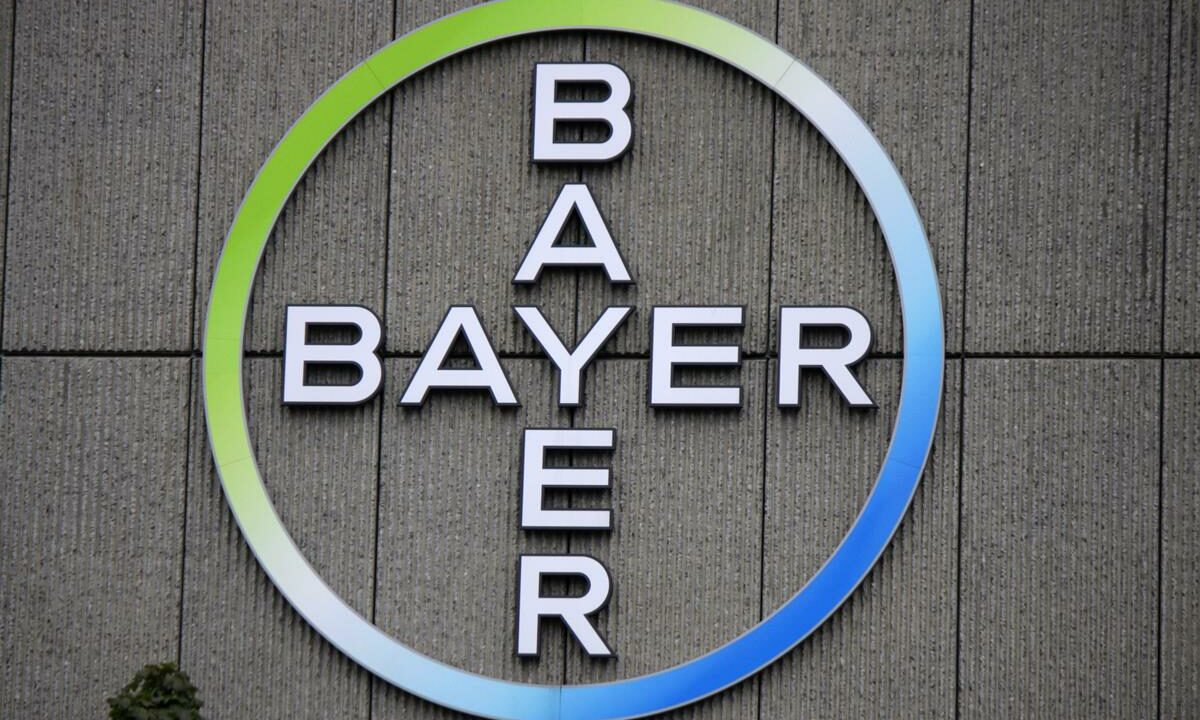Bayer plans to complete the acquisition of Monsanto this Thursday, June 7, following the receipt of all the required approvals from regulatory authorities.
The German giant added in its announcement that it will retire the Monsanto brand name following the takeover.
“The acquisition of Monsanto is a strategic milestone in strengthening our portfolio of leading businesses in health and nutrition,” said Werner Baumann, chairman of the Board of Management of Bayer AG.
“We will double the size of our agriculture business and create a leading innovation engine in agriculture, positioning us to better serve our customers and unlock the long-term growth potential in the sector.”
Bayer announced its intention to acquire Monsanto in May 2016 and signed an agreement with the US company for $128 per share in September 2016.
Currently that corresponds to a total cost of approximately $63 billion, taking into account Monsanto’s debt outstanding as of February 28, 2018.
Including Monsanto and taking the divestitures into account, the health and agriculture businesses would have been roughly equal in size in 2017, with total pro forma sales of around €45 billion – including combined crop science sales of around €20 billion.
In 2017, both companies together employed approximately 115,000 people – accounting for the divestments.
The acquisition is anticipated to generate significant value, according to Bayer, which expects a positive contribution to core earnings per share starting in 2019.
In order to acquire Monsanto, Bayer secured initial bridge financing of $57 billion. This is being refinanced by a combination of equity and debt transactions, some of which have already been completed. The final equity measure will be a rights issue, which was announced yesterday.
Sole shareholder
Bayer will become the sole shareholder of Monsanto on June 7. According to the conditional approval from the US Department of Justice, the integration of Monsanto into Bayer can take place as soon as the divestments to BASF have been completed – a period expected to take about two months.
“Innovation is vital to produce more healthy, safe and affordable food for a growing population in a more sustainable manner.
“The combination of the two businesses will allow us to deliver more innovation faster and provide solutions tailored to the needs of farmers around the world,” said Liam Condon, Bayer board member and president of the Crop Science Division.
“Going forward, our teams in the labs and in the field will be able to take a much more holistic approach to innovation as we address the enormous challenges we face in agriculture.”
Of that, €2.4 billion would have been spent in the combined agriculture business on a pro forma basis.
